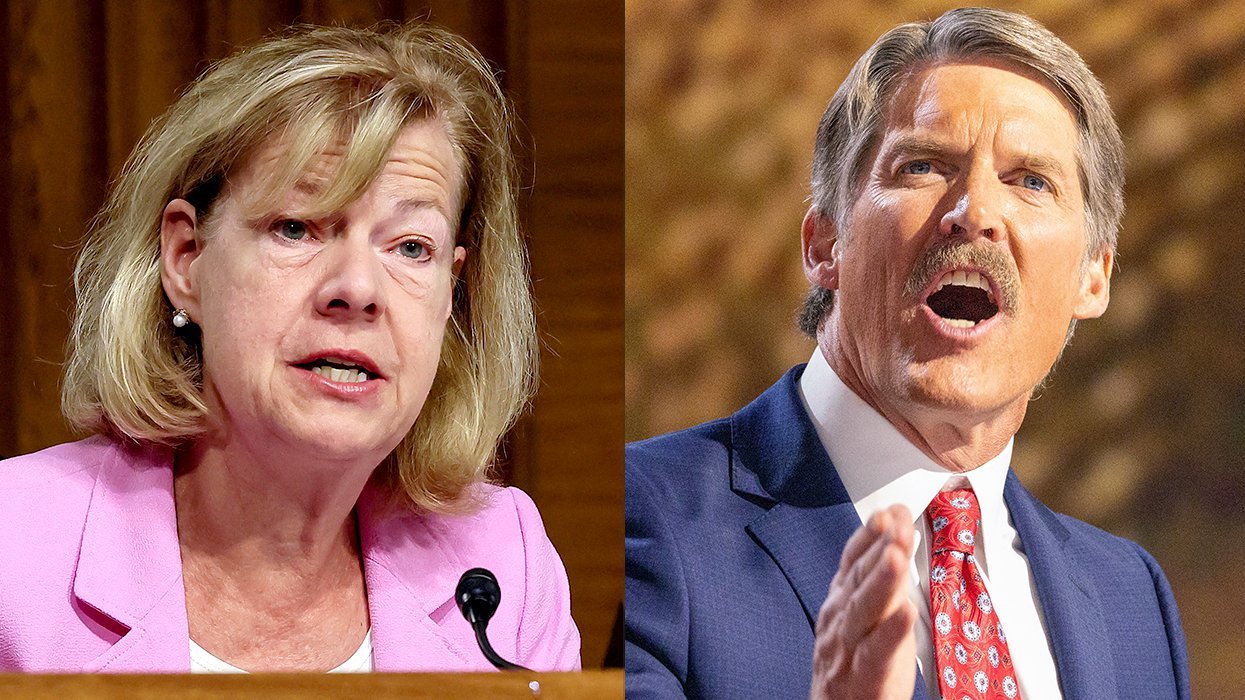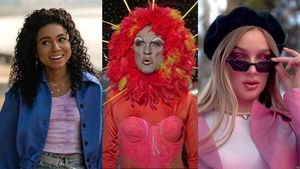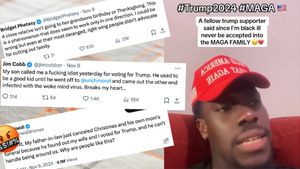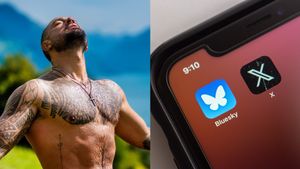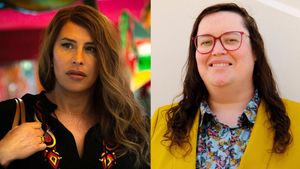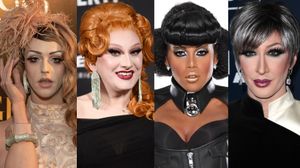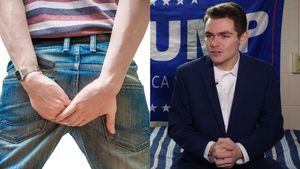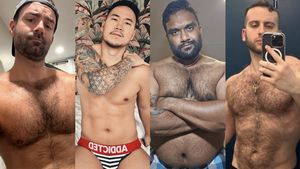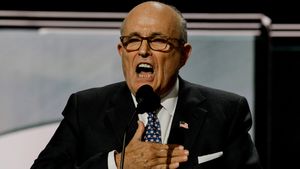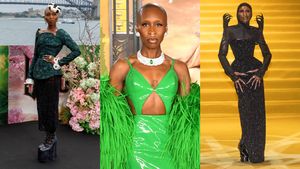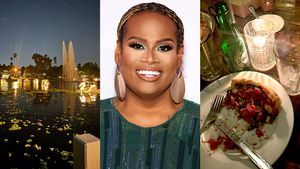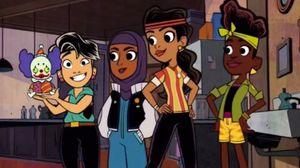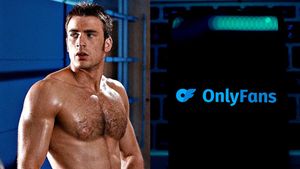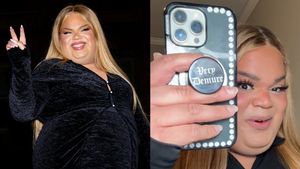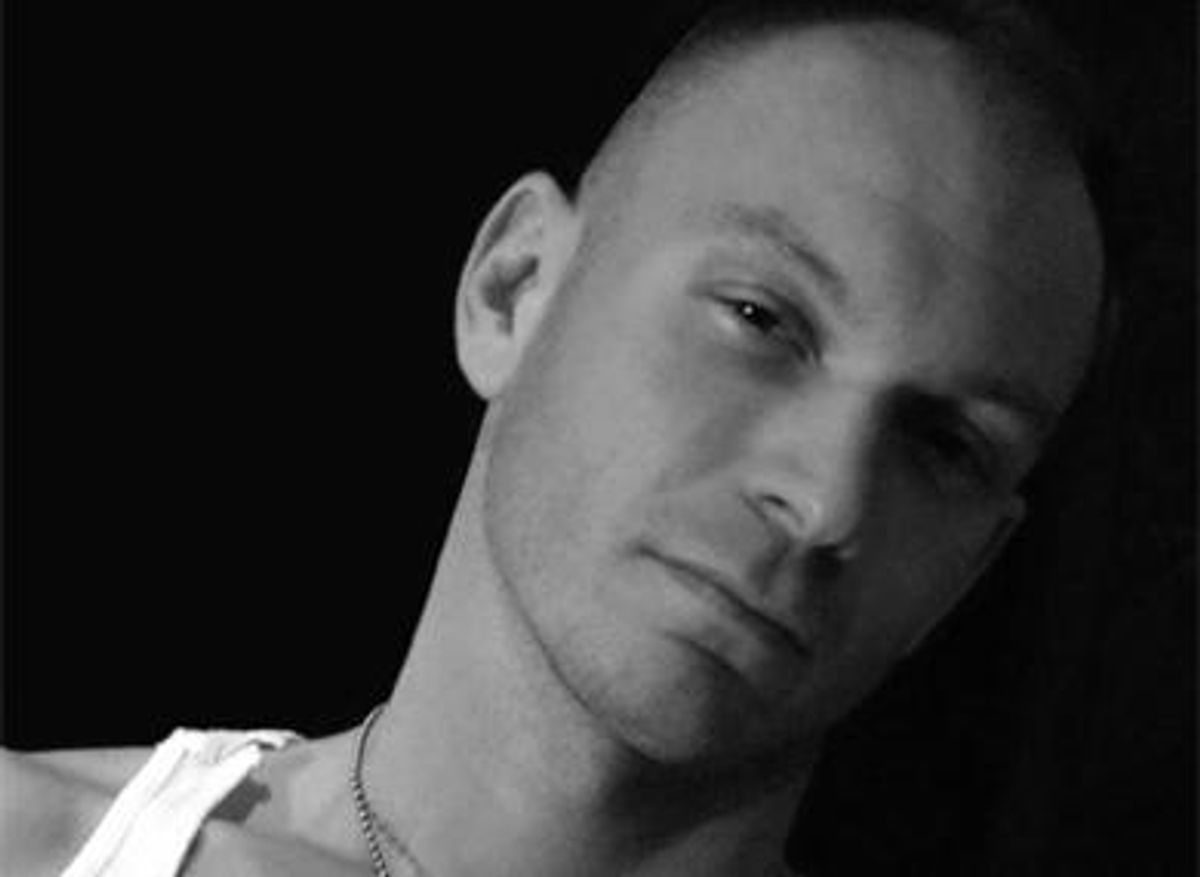
CONTACTStaffCAREER OPPORTUNITIESADVERTISE WITH USPRIVACY POLICYPRIVACY PREFERENCESTERMS OF USELEGAL NOTICE
© 2024 Pride Publishing Inc.
All Rights reserved
All Rights reserved
By continuing to use our site, you agree to our Private Policy and Terms of Use.
"
>
As children, many of us are taught to believe words cannot harm us, but the reality is words are powerful and can cause a great deal of damage. Using "gay" as a negative to describe anything might seem harmless, but what kind of damage can this type of slang have on a young boy struggling with his sexuality or one still forming his view of gays and lesbians? In the fight for equality, can the LGBT community afford a cavalier attitude toward hate speech that attempts to fly under the radar?
"
data-page-title="
COMMENTARY: From a very early age I learned that one of the worst things I could be called by my peers was "fag." Even before I understood what the word meant, I associated shame and fear with it. As I grew up, "fag" became one in a long list of antigay labels that would fall into this category -- words that would take years for me to overcome and accept; words bursting with hatred that left numerous scars.
Thankfully, obvious hate speech is not as freely tolerated as it was in my younger days, but as the acceptance of homosexuality has grown, hate speech has evolved. In addition to the common ways hate-born labels are used to belittle gays and lesbians, hate speech has also become more covert. By adopting the guise of everyday slang, homophobic speech has managed to find acceptance with frightening regularity by many people, including some gays and lesbians.
The expression "that's so gay" is commonly used to describe anything unpleasant or disliked. For me, personally, this type of slang falls into the hate speech category because it takes one of the simplest words a gay person uses to describe himself and redefines it in a negative way. However, I have found that many gays and lesbians do not share my opinion on the subject and are quick to dismiss its use, or worse, utilize it as well.
Some gay men feel that those who object to the use of "gay" as a negative should "man up" and "deal with it." They argue that taking offense at the use of such slang is a sign of weakness and that it should not only be accepted but also used in return. While I can appreciate the logic behind the attitude of fighting fire with fire, this approach seems like it does more harm than good because it ignores the damage that this type of speech can cause and validates its use as well.
Then there's the alternative opinion, which suggests gays and lesbians should simply ignore homophobic slang and not "make a fuss," especially when it is used by young children. I was recently shocked when Sean, the 8-year-old son of my friend Eric and his partner, Chris, described a television show he hated as "gay." I can understand that an 8-year-old is going to use the same vocabulary and slang as his peers, but I was unprepared when his father completely ignored the comment. "Don't you think it's inappropriate for him to describe things that way?" I asked.
"He doesn't mean it in a bad way," Eric replied. "It's just the way kids talk these days. Chris and I don't have a problem with it. Besides, we don't want to be oversensitive to this kind of stuff with Sean."
Was I being oversensitive? Eric had a point. I couldn't deny that using "gay" as a negative had found its way into popular culture, and Sean was just a kid, but he wasn't the person I had a problem with. I had a hard time with the ease with which my friend accepted his son's choice of words. Rather than being dismissed, shouldn't such behavior be met with education? Apparently my friend, a gay parent, didn't think so. He was content to believe that his son didn't mean any harm, but does his assumed meaning excuse the use of language that demeans a group of people? And furthermore, doesn't ignoring homophobic slang only serve to endorse it?
As children, many of us are taught to believe words cannot harm us, but the reality is words are powerful and can cause a great deal of damage. Using "gay" as a negative to describe anything might seem harmless, but what kind of damage can this type of slang have on a young boy struggling with his sexuality or one still forming his view of gays and lesbians? In the fight for equality, can the LGBT community afford a cavalier attitude toward hate speech that attempts to fly under the radar?
Covert Hate Speech: "That's So Gay"
" >From our Sponsors
Most Popular
18 of the most batsh*t things N.C. Republican governor candidate Mark Robinson has said
October 30 2024 11:06 AM
True
After 20 years, and after tonight, Obama will no longer be the Democrats' top star
August 20 2024 12:28 PM
Trump ally Laura Loomer goes after Lindsey Graham: ‘We all know you’re gay’
September 13 2024 2:28 PM
60 wild photos from Folsom Street East that prove New York City knows how to play
June 21 2024 12:25 PM
Melania Trump cashed six-figure check to speak to gay Republicans at Mar-a-Lago
August 16 2024 5:57 PM
Latest Stories
Transgender beyond borders, what Western society could learn from global cultures
November 16 2024 1:00 PM
Ohio passes sweeping college trans bathroom ban, first in nation after election
November 16 2024 12:36 PM

















